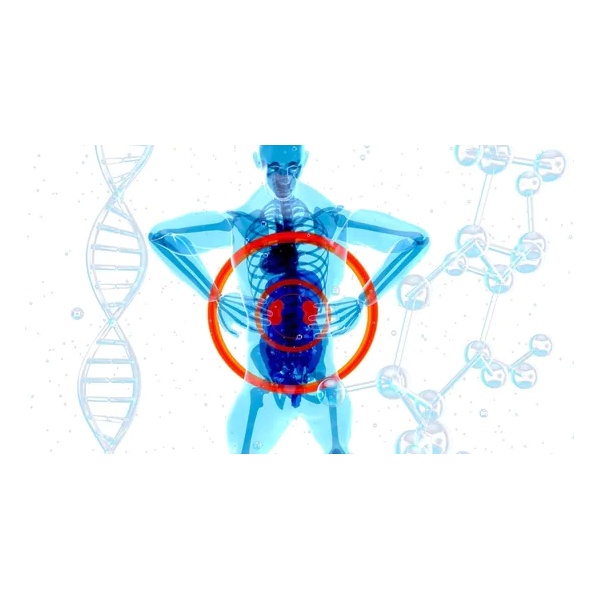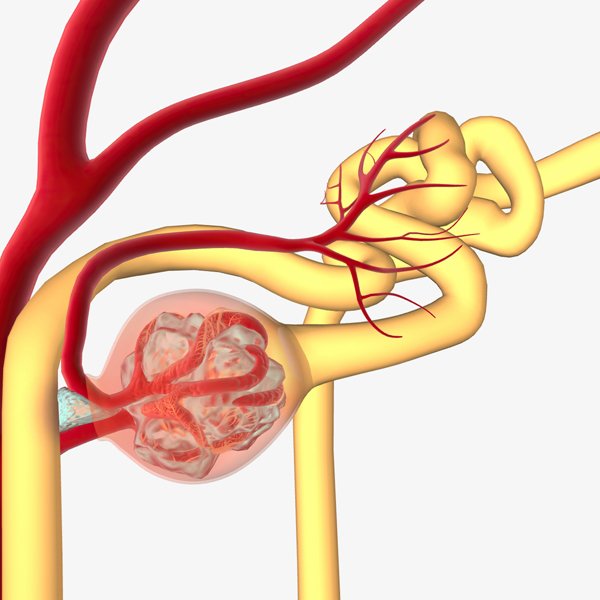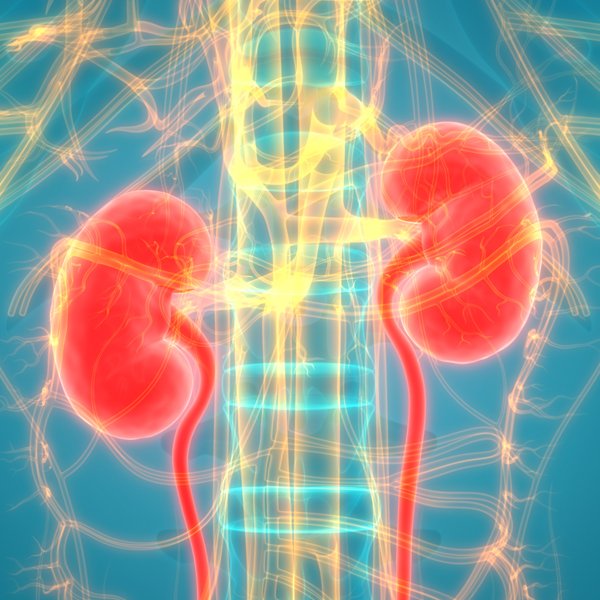Kidney Failure
Best Kidney, Urology and Urogynecology Hospital in Bengaluru
Zymus Hospital at Raghuvanahalli, Bengaluru, offers the best treatment for all urinary tract problems. Consult the top urologist and urology surgeon in Bengaluru to get the best medical and surgical treatment for all urinary tract problems.
Kidney failure occurs when one or both the kidneys lose 85% of their function. Kidneys remove waste products and toxins from the blood. When they stop functioning, the blood becomes progressively toxic and this will affect every part of the body. Kidney failure can be temporary and acute or chronic and progressive, which is the most advanced stage of kidney disease.

- Uncontrolled diabetes
- High blood pressure
- Polycystic Kidney Disease
- Glomerular Disease
- Lupus
- Certain medicines
- Autoimmune kidney diseases
- Severe dehydration
- Urinary tract obstruction
- Untreated heart disease
- Untreated liver disease
There may be no symptoms in the early stages. As the chronic kidney disease progresses symptoms will become noticeable and will include:
- Fatigue
- Difficulty concentrating
- Nausea and vomiting
- Swelling in the hands, ankles and face
- Frequent urination
- Muscle cramps
- Dry itchy skin
- Loss of appetite
- Metallic taste of food
Acute kidney failure can be reversed by instituting right treatment early. If left untreated, it will lead to chronic kidney failure and permanent kidney failure.
- Treatment of underlying medical condition to slow down disease progression
- Regular monitoring and management to prolong kidney function
- Medication to manage/ improve kidney function
- Dialysis- Hemodialysis and Peritoneal dialysis to filter blood
- Diet and lifestyle changes
- Kidney transplant
Consult our expert for the best treatment options to manage kidney disease and prolong kidney function.

Glomerulonephritis
Glomerulus is a tiny structure in the kidney. There are numerous glomeruli and they filter toxins from blood. Glomerulonephritis is an inflammation of the glomeruli caused by infection, drugs or congenital abnormalities.
- Pink or brown urine
- Foamy or bubbly urine
- High blood pressure
- Swelling in face, hands, feet abdomen
- Urinating less frequently
- Nausea, vomiting
- Muscle cramps
Treatment will depend on the underlying cause of the condition. Our accurate diagnosis of the cause will direct the treatment. Treating infections, managing high blood pressure and other disorders that led to the condition and protecting kidneys from further damage is our goal.
Polycystic Kidney Disease
This is a genetic inherited disorder. Numerous cysts grow within the kidneys enlarging it and making it lose function over time.

- High blood pressure
- Back or side pain
- Pink or brown urine
- Feeling of fullness in the abdomen
- Increased size of abdomen due to enlarged kidneys
- Kidney stones
- Kidney failure
- Urinary tract
- Kidney infections
- Headaches
- Medicines to slow the growth of cysts
- Medication to control infections
- Treatment for kidney failure
- Managing high blood pressure
- Diet modifications
- Maintaining healthy weight
- Pain medication
- Screening for aneurysms
Consult our experts for personalised treatment.

Urinary Tract Infections
Urinary tract bacterial infections affect the kidneys, bladder, ureters and urethra. These infections are common and can be easily treated with the right antibiotics. Bladder infections can be extremely uncomfortable, but kidney infections can lead to serious complications. With the right treatment, they can be completely cured.
For all your Kidney
problems, consult the best Kidney specialist in Bengaluru at Raghuvanahalli for
the best treatment options.
- Persistent urge to urinate
- Burning sensation when passing urine
- Frequent urination of small amounts of urine
- Cloudy urine
- Red, pink or brown urine
- Foul smelling urine
- Pelvic pain
Treatment will depend on the severity of infections. Mild infection may need a short course of antibiotics while complicated infections may need a longer course of treatment and stronger drugs. Severe infections will need inpatient treatment with IV antibiotics and if you are prone to frequent infections the cause will be diagnosed to provide the right course of medicines.
We provide individualised treatment based on medical history, general health condition and nature of infection to give the best results.